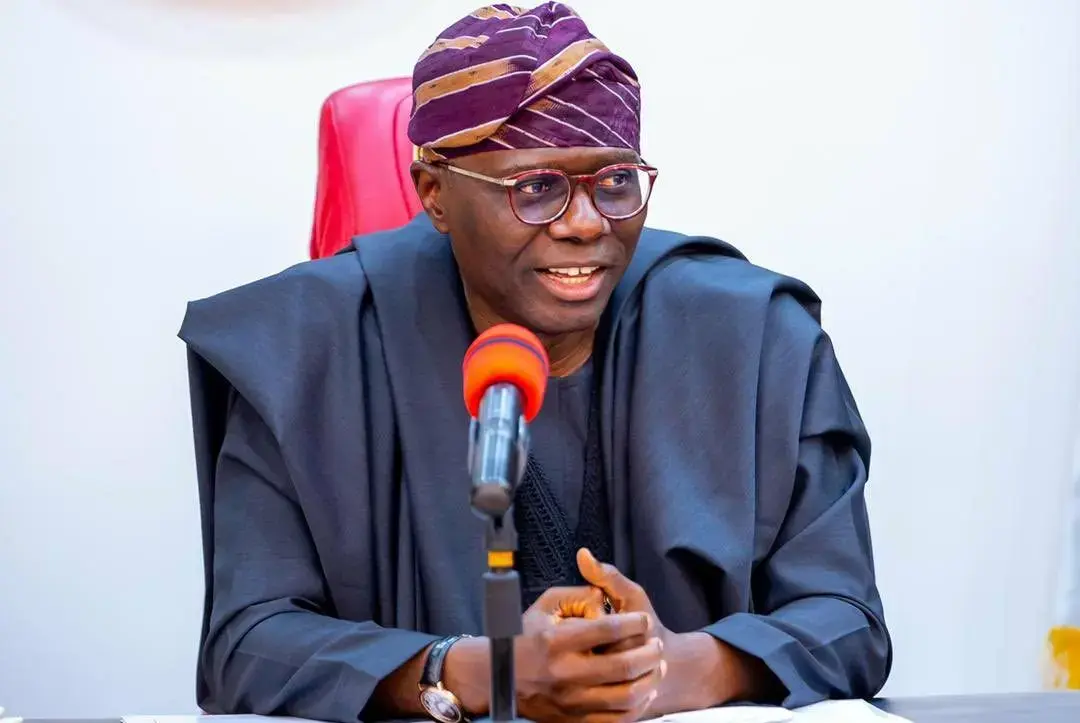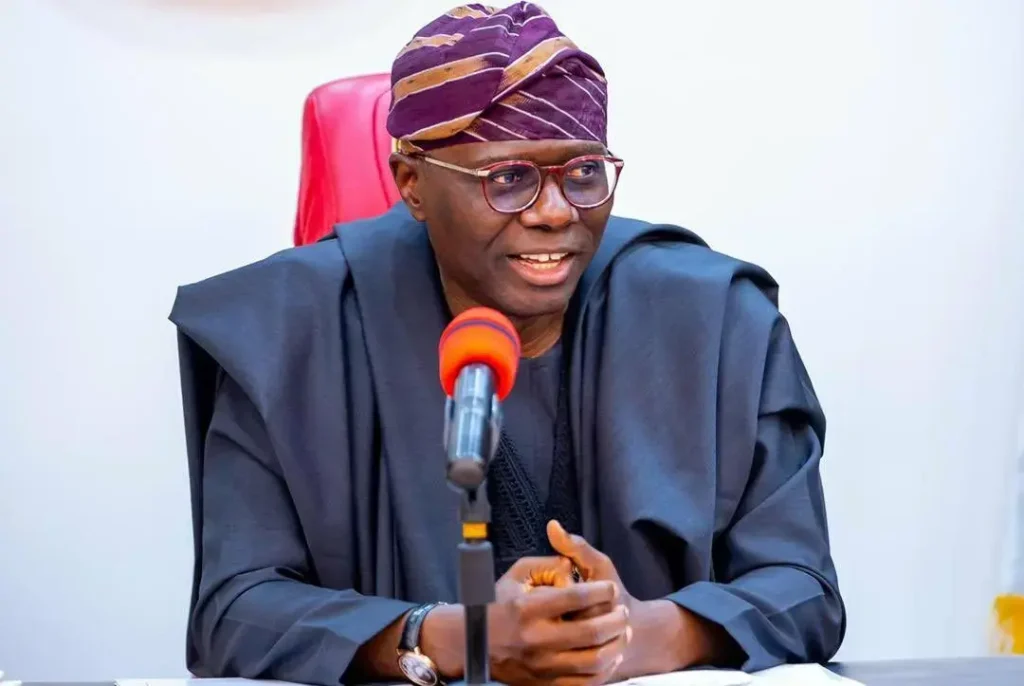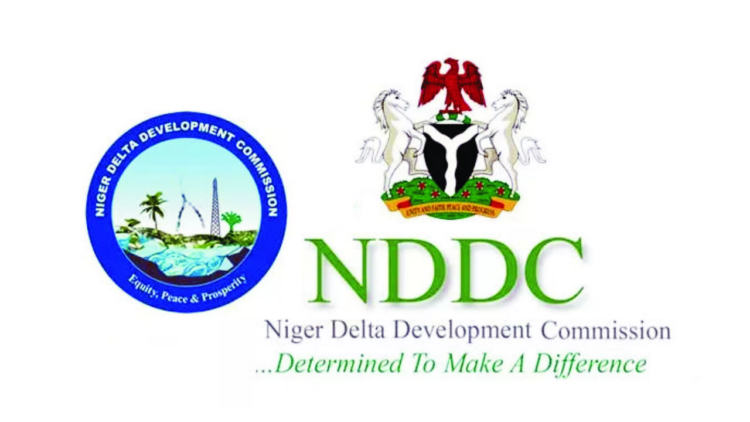Sanwo-Olu seeks education and skill training for marginalised citizens


The Lagos State Governor, Babajide Sanwo-Olu, has urged for increased investment to ensure that marginalised citizens have access to education and vocational skills.
The governor, represented by the state Commissioner for Economic Budget and Planning, Ope George, made the statement on Thursday at the “Leave No One Behind” initiative’s closing event at the Correctional Centre for Girls in Idi-Araba.
The governor stated that the Office of the Special Adviser to the Governor on Climate Change and Circular Economy, in collaboration with the Ministry of Youth and Social Development, had set out to train 20,000 women and girls in waste recycling skills.
He said, “The Leave No One Behind initiative has set a precedent but our work is far from over. We must continue to advocate and implement policies that support the circular economy.
“We must also continue to invest in education and skill development for marginalised communities and continue to strive for a world where no one is left behind. To the girls and women who have completed the programme, I say this, you are the future of Lagos.”
In his presentation, the Commissioner for Youth and Social Development, Mobolaji Ogunlende, said, “The initiative has impacted the lives of about 100 women and girls in this pilot phase with the potential and we hope to scale up to 20,000 by providing a source of income and skills for business development.”
Mrs Titilayo Oshodi, Special Adviser to the Governor on Climate Change and Circular Economy, also spoke at the event, noting that wealth and job creation, as well as carbon emission reduction, could be achieved through “innovative circular economic practices and ensure that their benefits extend to those who are in marginalised communities.”
According to the European Institute for Gender Equality, marginalised individuals are different groups of people within a given culture, context, and history who are at danger of facing several forms of discrimination as a result of the interaction of various individual characteristics or grounds.
These characteristics include sex, gender, age, ethnicity, religion or belief, health status, disability, sexual orientation, gender identity, education or income, or living in various geographic areas.







